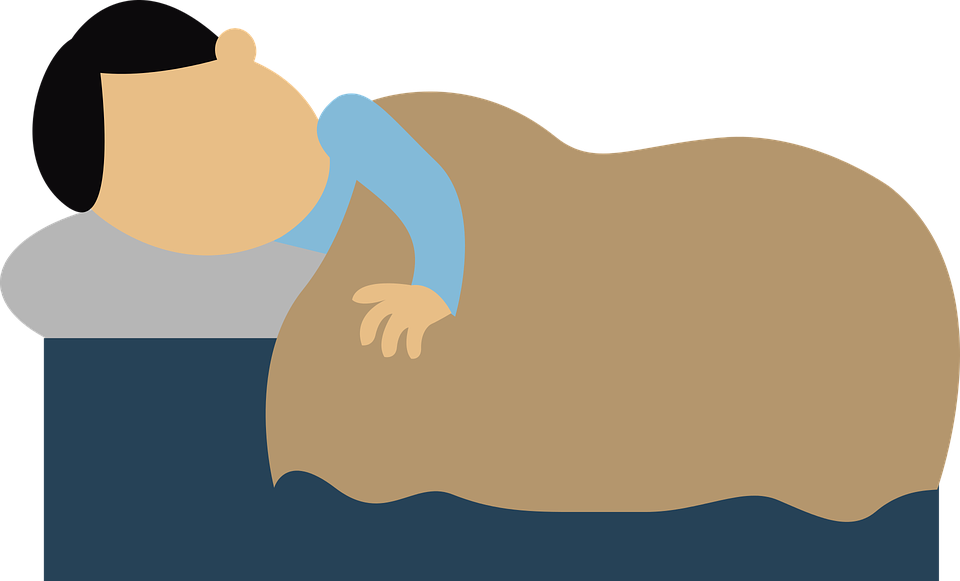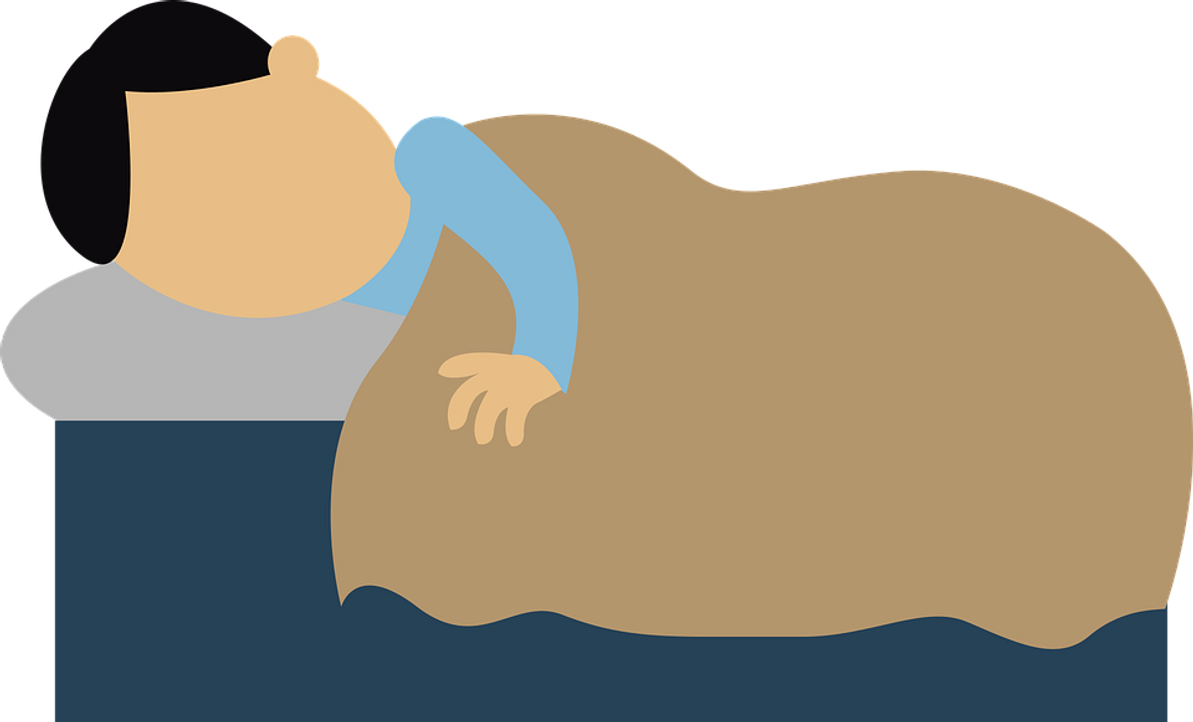Study Links Insomnia to Heart Disease

Do you have trouble falling asleep or staying asleep at night? Well, you aren't alone. Statistics show that more than 70 million Americans suffer from some type of sleep or wakefulness disorder. While some people brush off insomnia and similar disorders as being nothing more than a nuisance, there's new evidence linking it to heart disease and stroke.
Researchers from the China Medical University found that lying in bed and not sleeping was linked to an increase risk of heart disease and stroke. For the study, researchers analyzed data from more than a dozen existing studies spanning some 160,000 men and women with a median follow-up of 3-29.6 years. So, what did they discover?
Researchers found a significant link between insomnia and heart disease and stroke. Some of the symptoms of insomnia noted during the study included difficulty falling asleep, difficulty staying asleep, waking early in the morning, and experiencing non-restorative sleep. Researchers found that hallmarks signs such as these increased the risk of heart disease and stroke by 11-27%.
This begs the question: how does insomnia have such a profound impact on the heart health? This is a question that remains unanswered, though researchers speculate that it could be attributed to the way in which insomnia changes a person's metabolism and endocrine function. Failure to get enough sleep at night throws your body's metabolism and hormone levels off balance, which could in turn trigger risk factors for heart disease and stroke; thus, increasing the risk of these conditions.
If you struggle to stay asleep or fall asleep at night, here are some tips to help:
- Avoid drinking or otherwise consuming any caffeine for at least four hours before you intend to lie down.
- Turn off all lights in your bedroom, making the environment as dark as possible.
- In addition to being dark, your bedroom should also be as quiet as possible.
- Avoid the temptation to check your smartphone while attempting to fall asleep.
- Develop a schedule in which you go to sleep at the same time every night and wake at the same time every morning.
- Stay active during the day -- exercising for 30-45 minutes will leave you exhausted; thus, making it easier to fall asleep.
- Consider stress-relieving activities like meditation to improve your sleep habits.
This study was published in the European Journal of Preventive Cardiology.
Recent Posts
-
Fire Safety in the Workplace: What You Need to Know
What steps are you taking to prevent fires in your workplace? According to the U.S. Occupational Saf …Aug 23rd 2023 -
Is It Safe to Go Jogging With a Cold Infection?
If you're suffering from a cold infection, you might be wondering whether it's safe to go jogging. T …Aug 22nd 2023 -
5 Safety Tips to Follow When Using a Powder-Actuated Tool
Powder-actuated tools are commonly used to join materials to steel and concrete. Also known as Hilti …Aug 20th 2023




